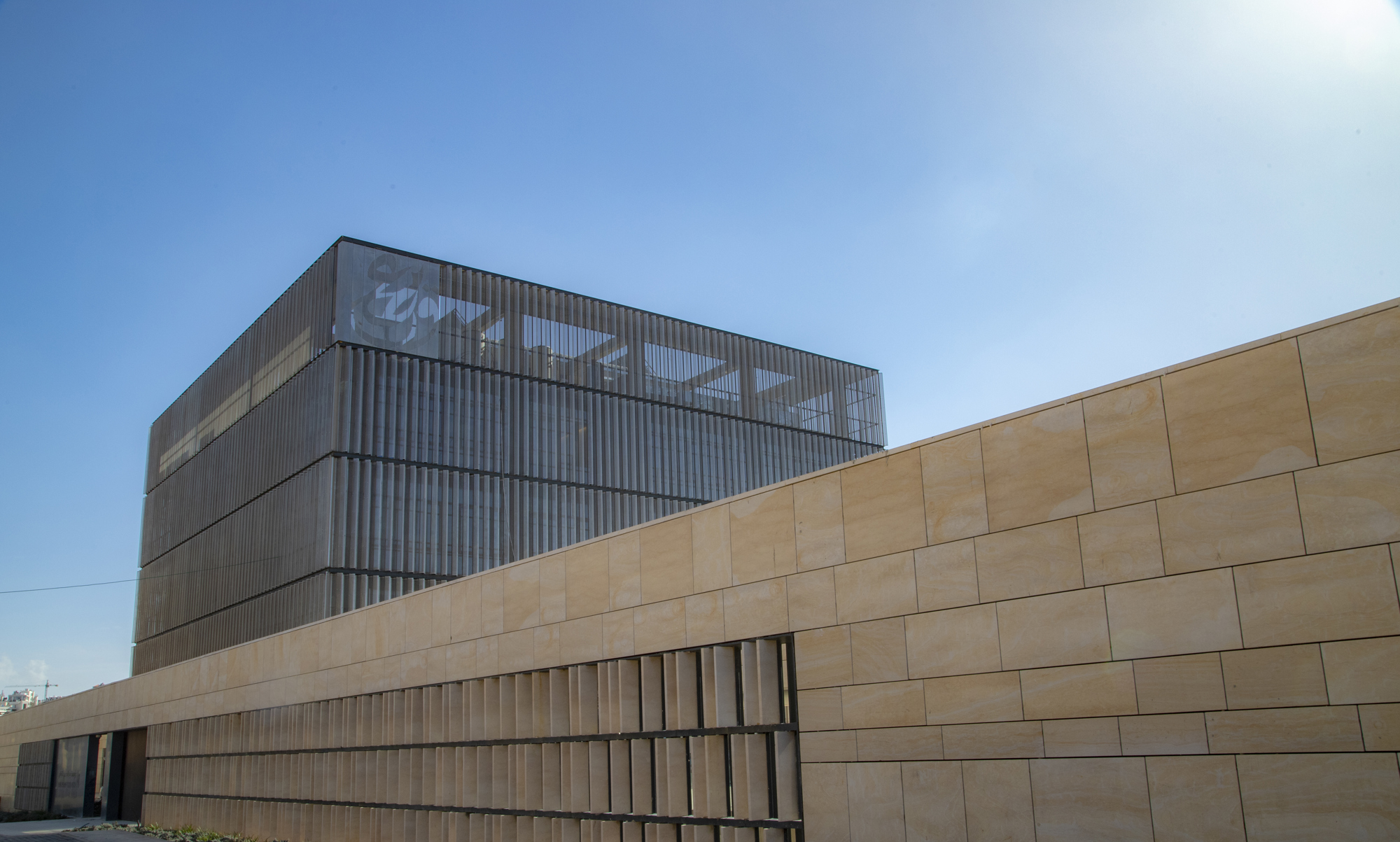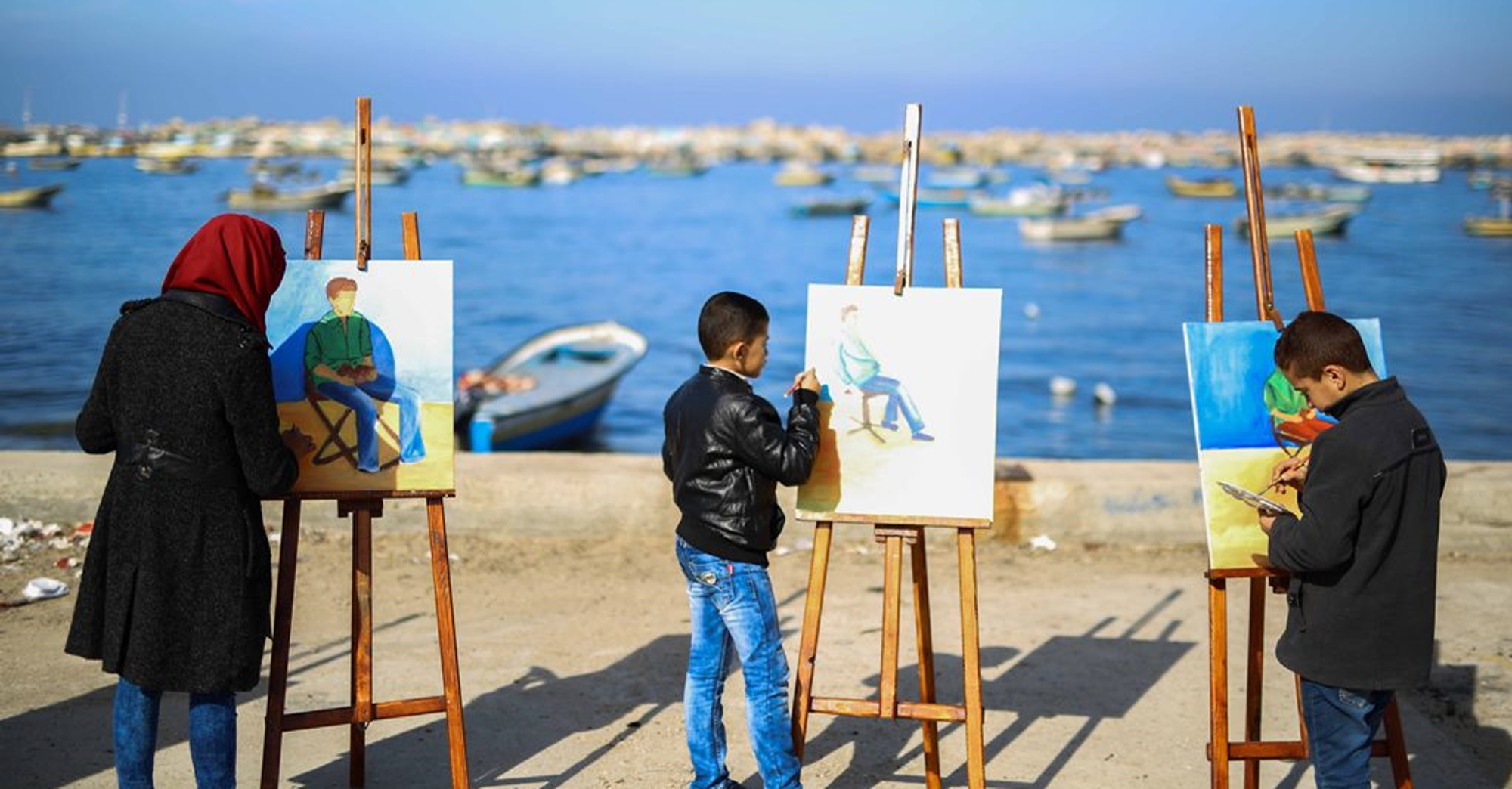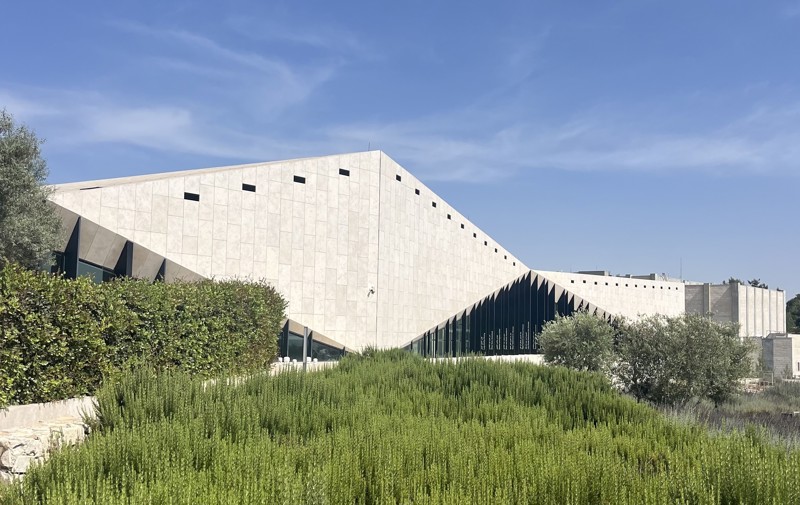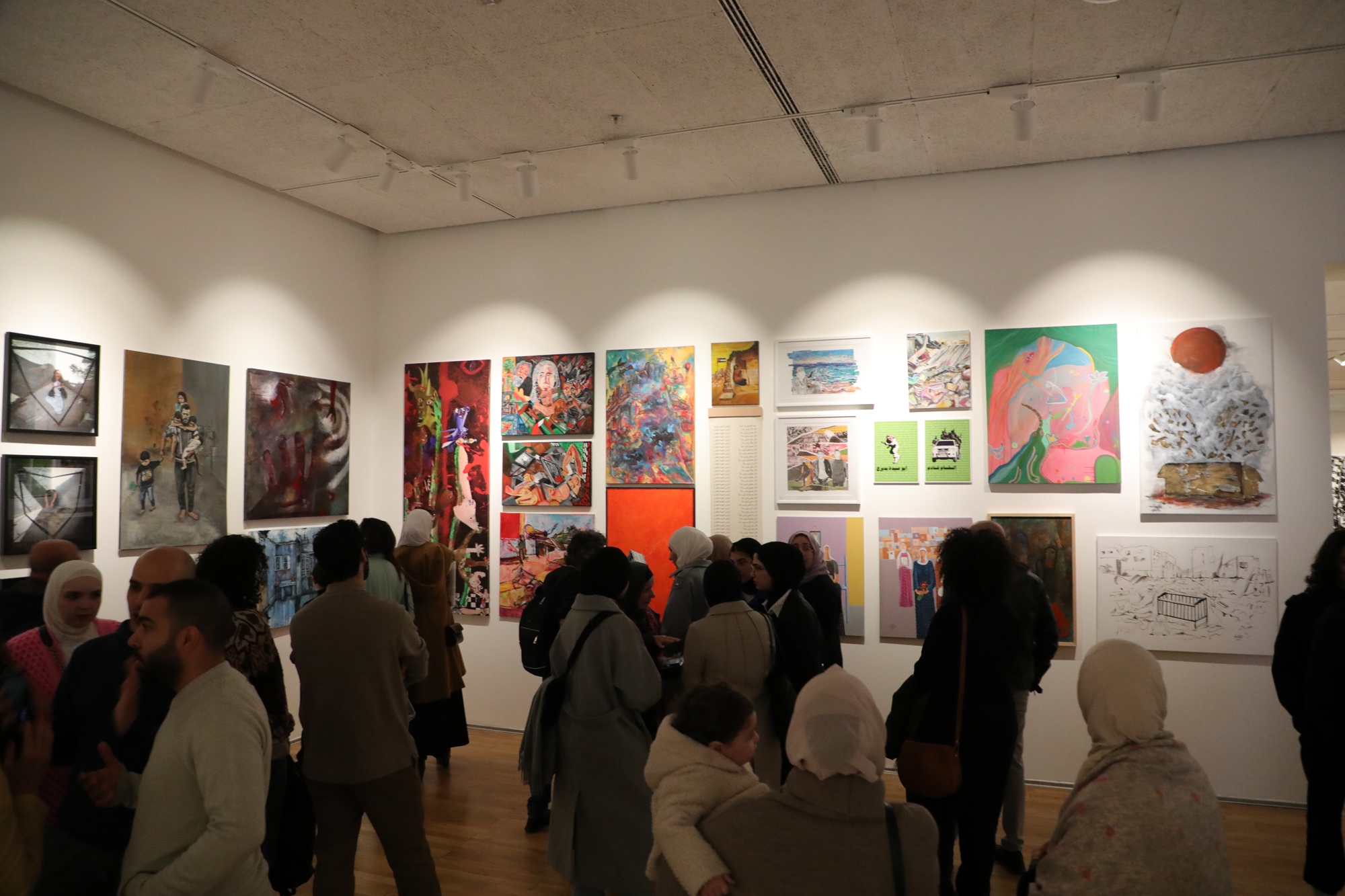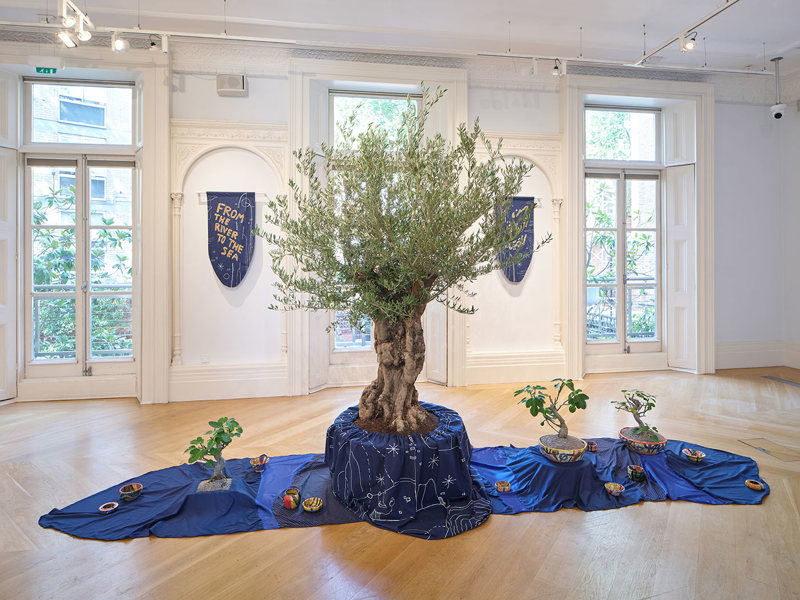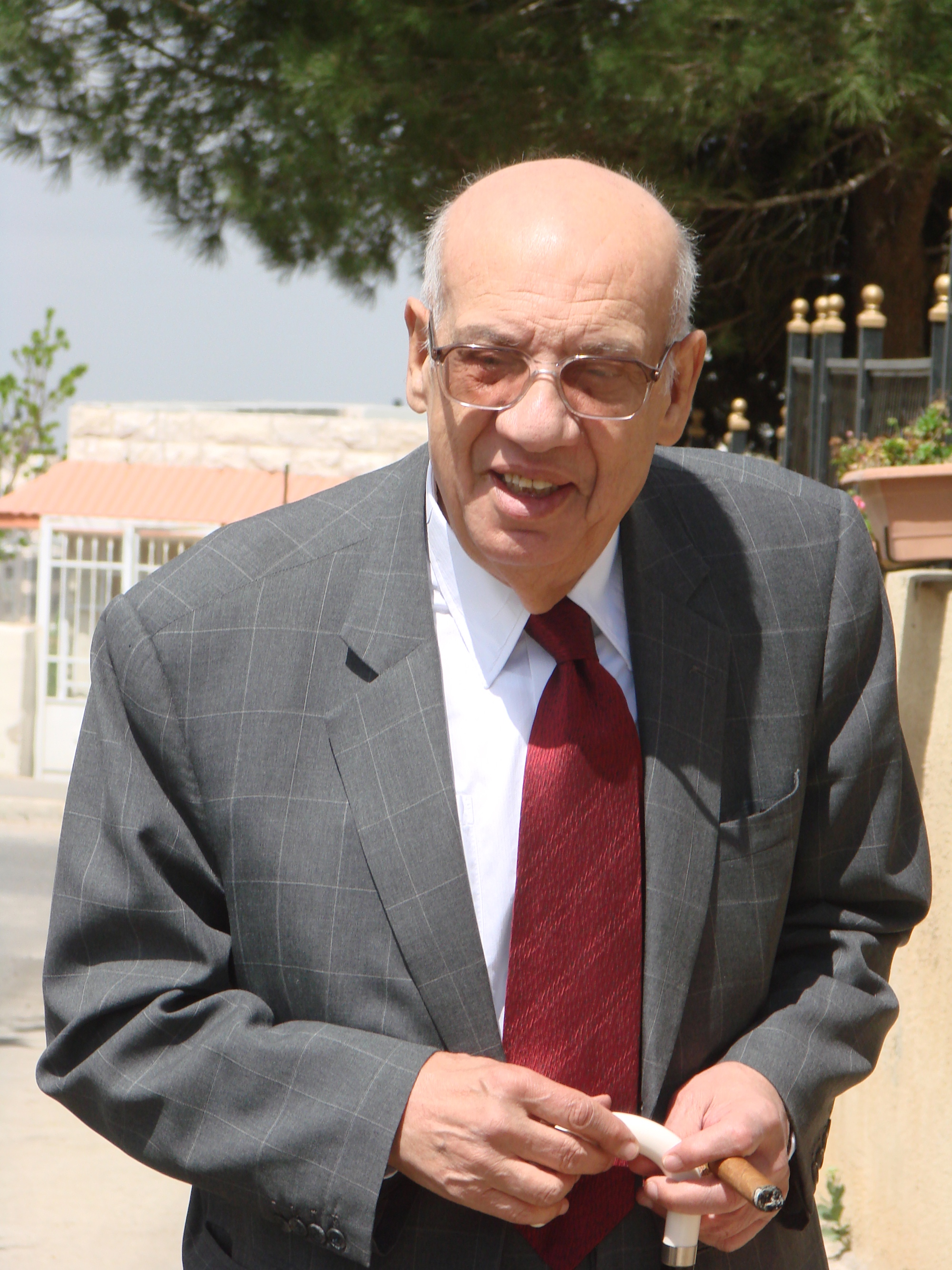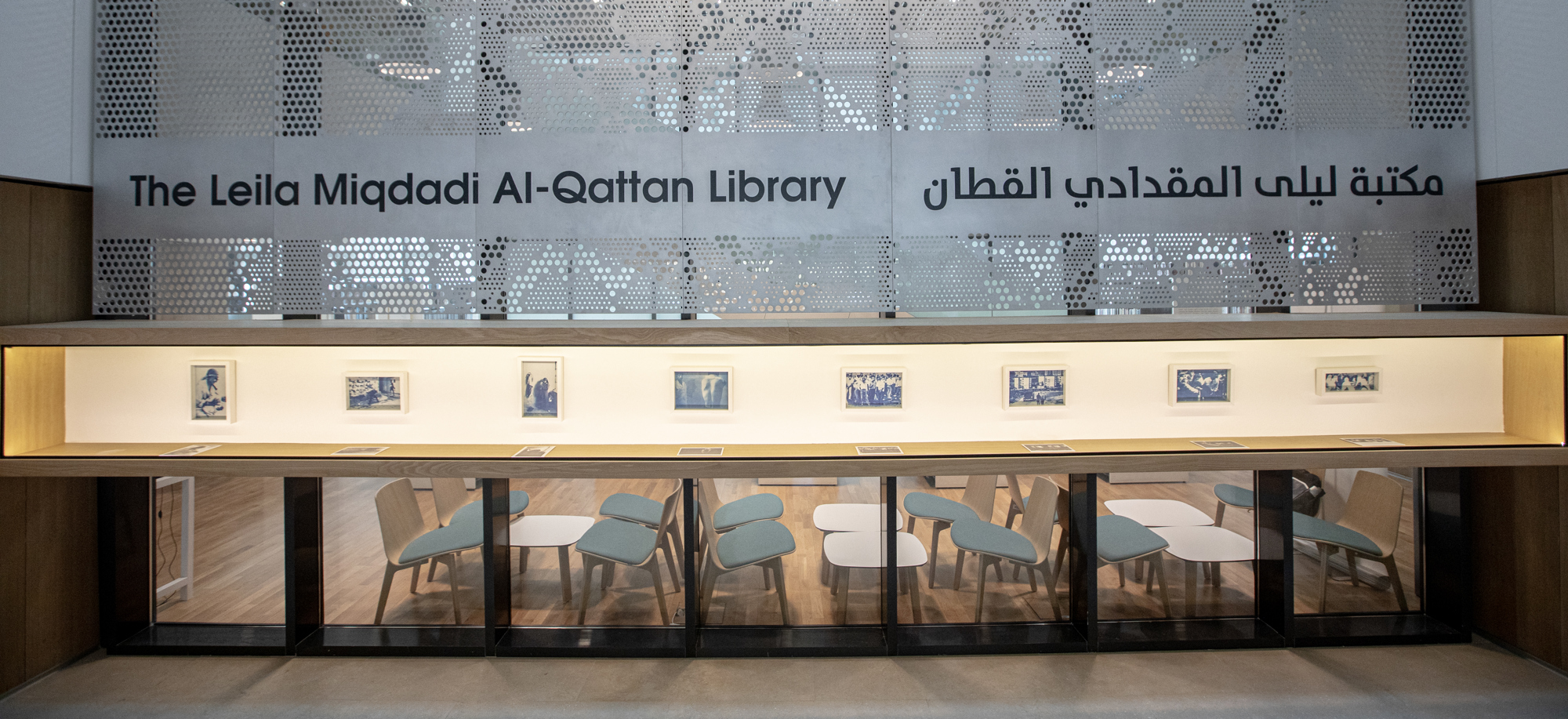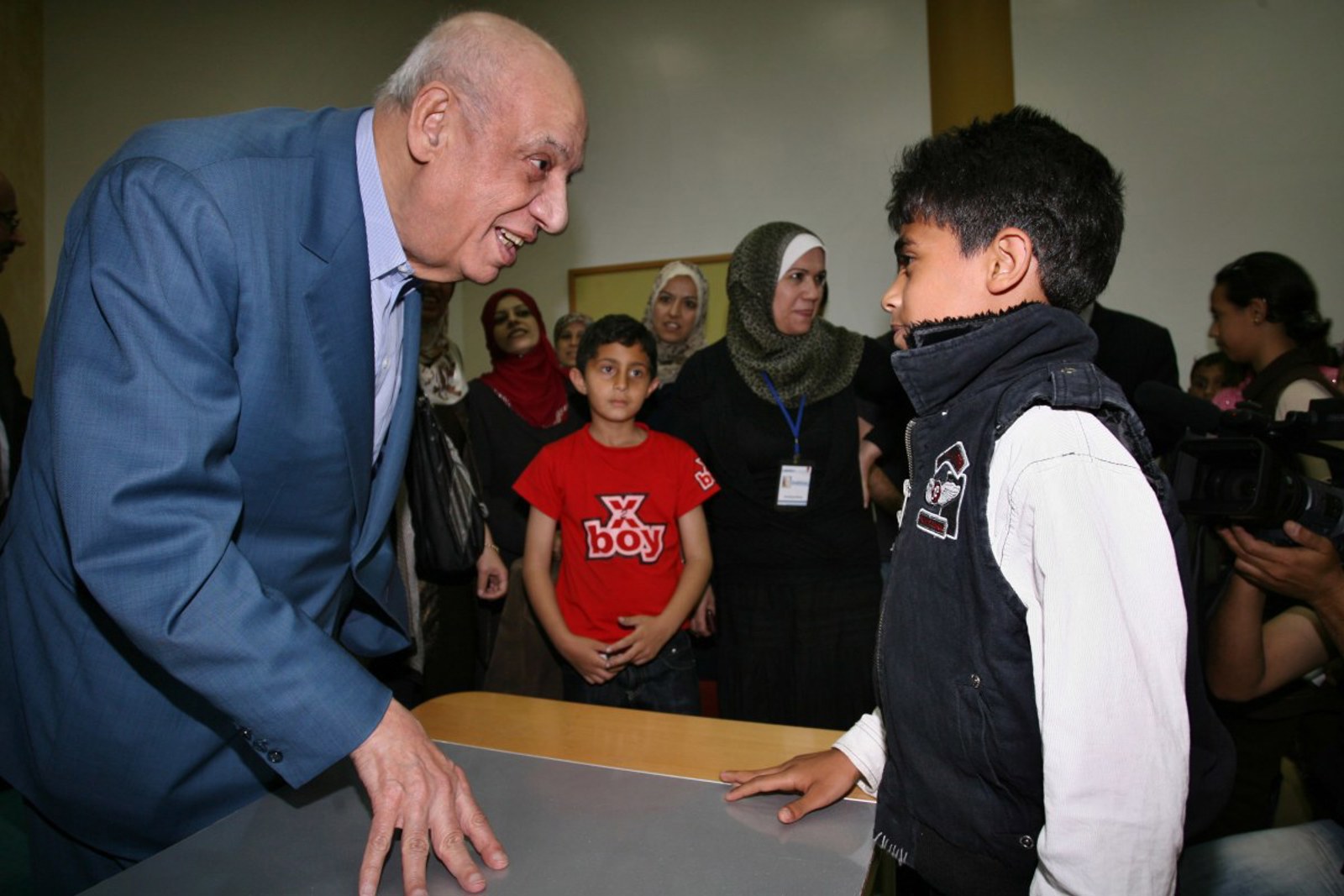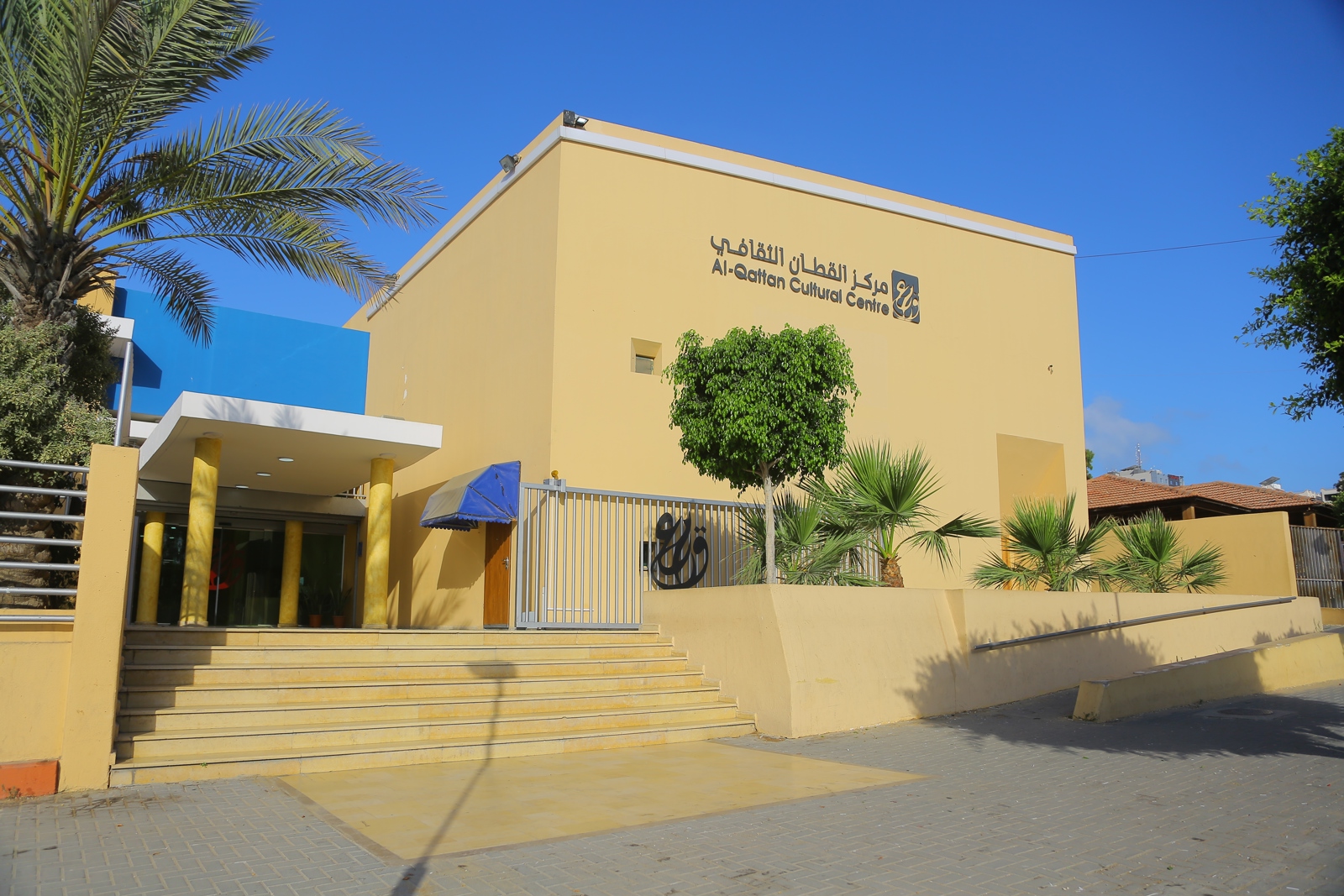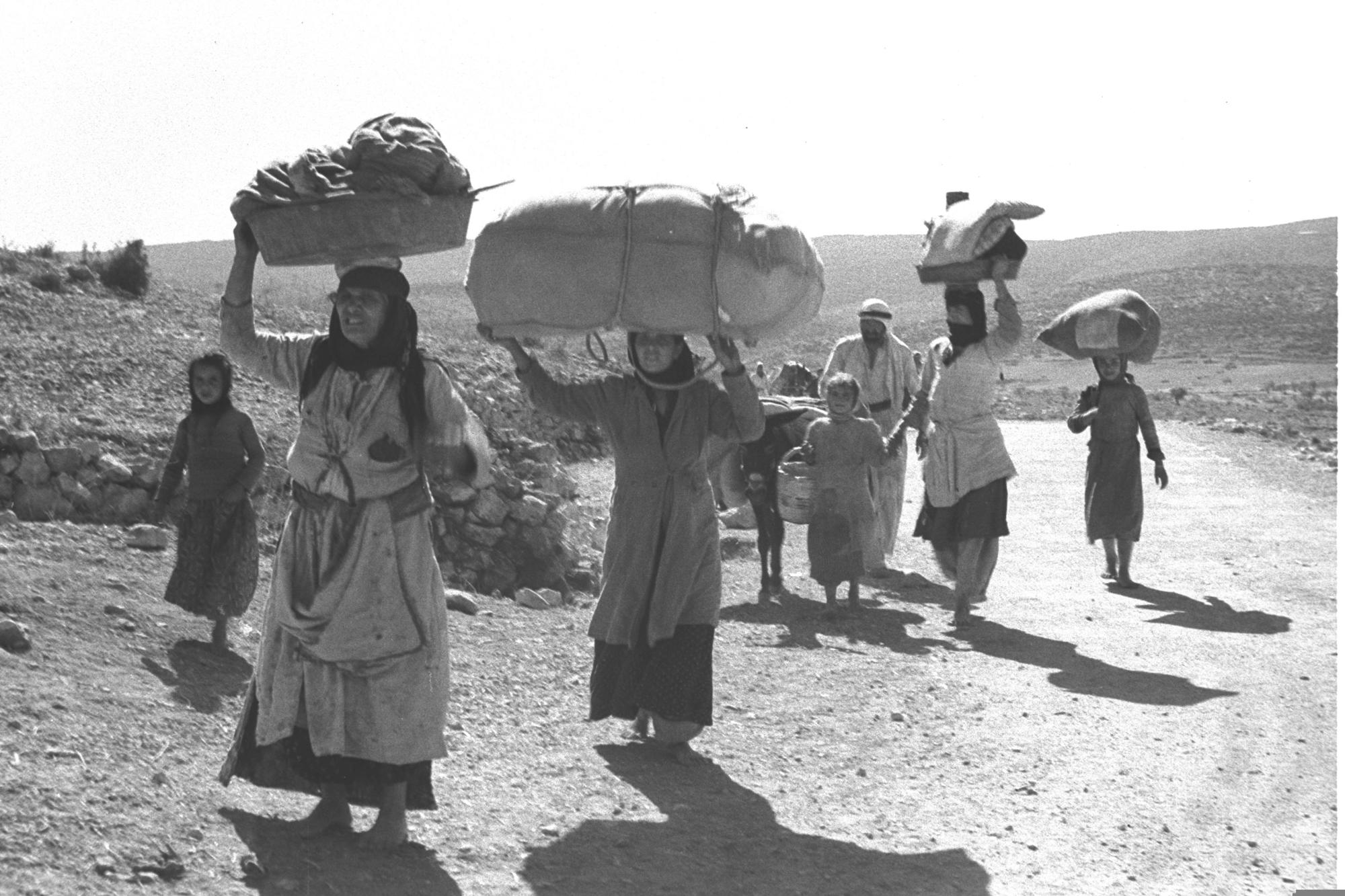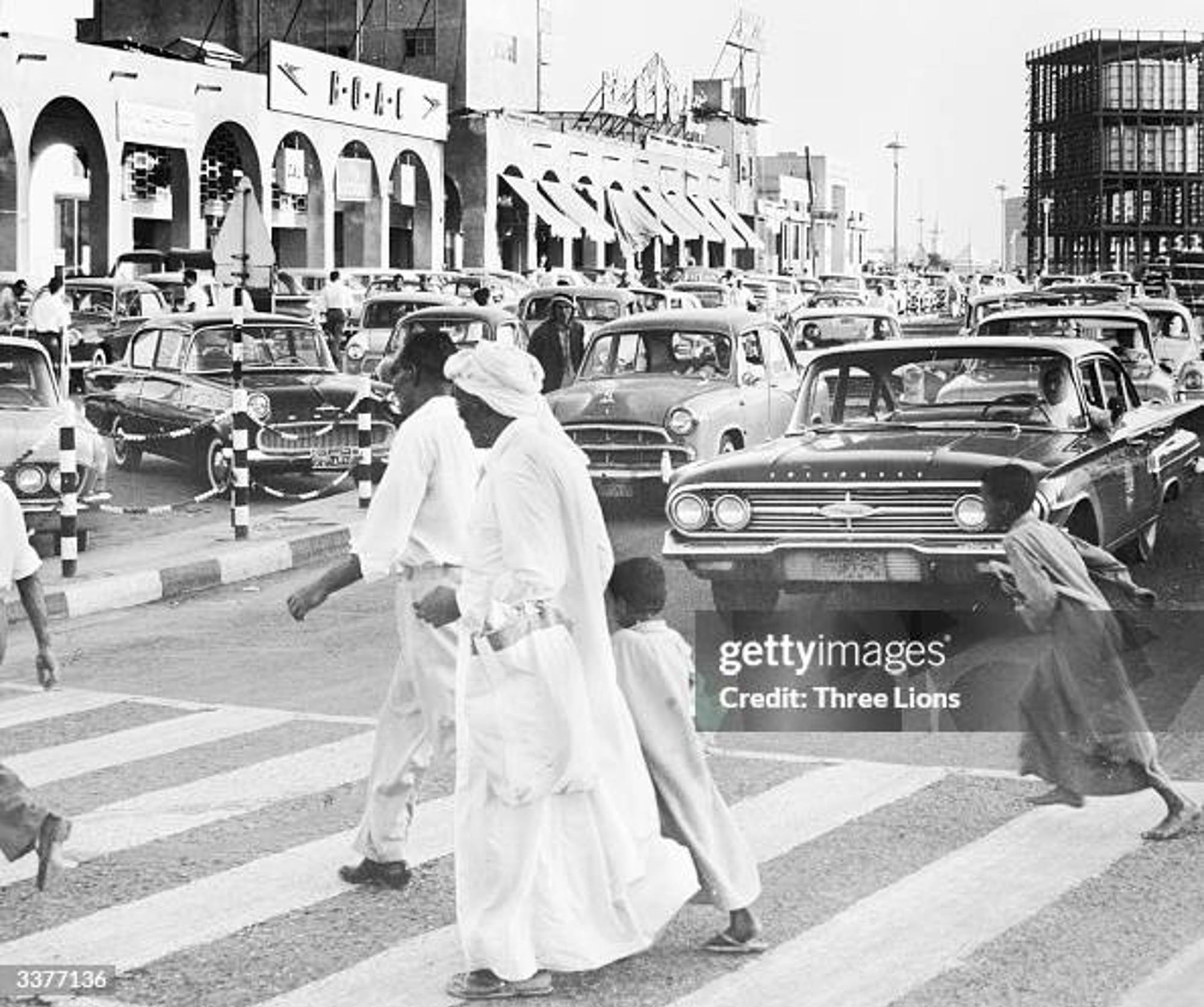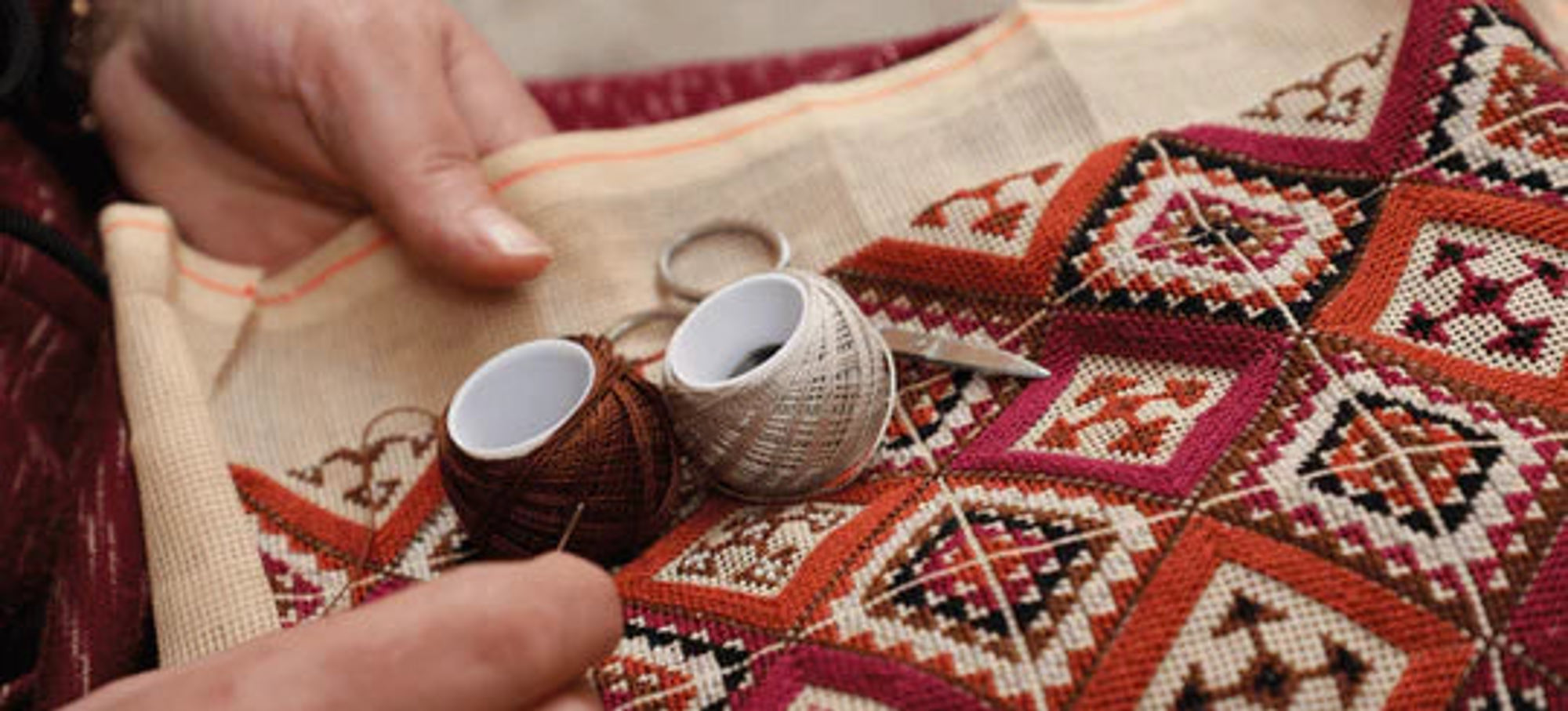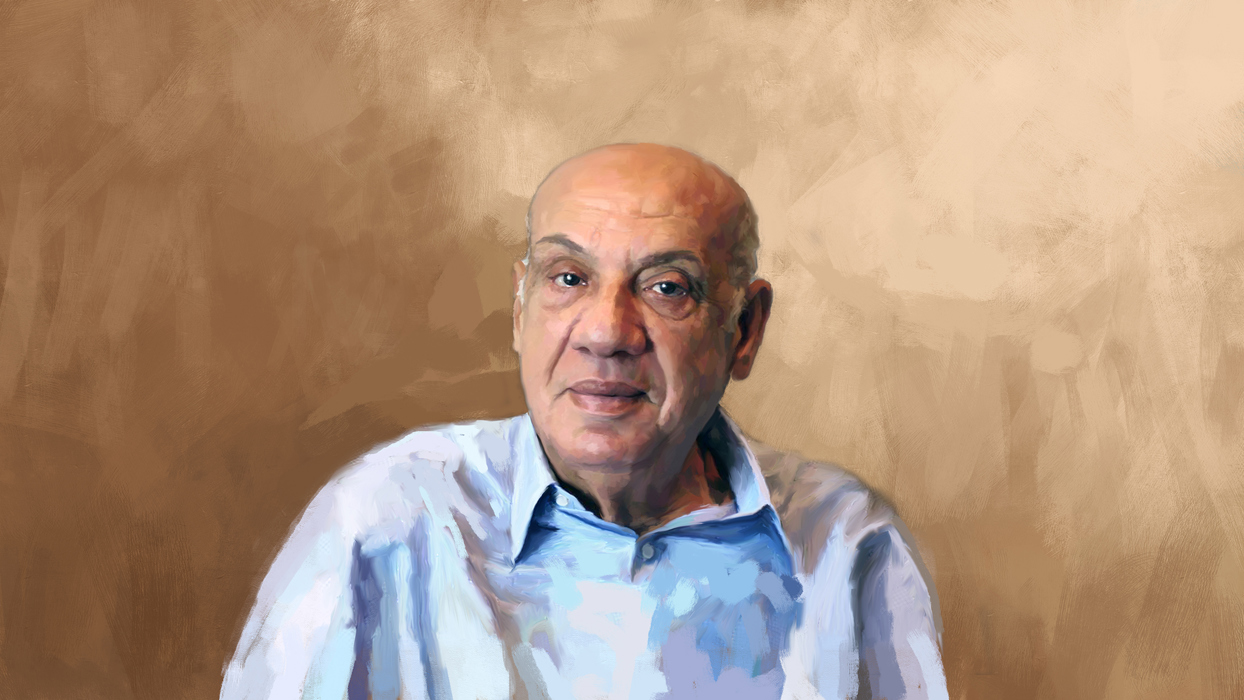The Palestinian Museum is a modern architectural feat atop a green hill overlooking the Mediterranean coast, in the town of Birzeit alongside Birzeit University, 7km north of Ramallah and 25 km north of Jerusalem.
Opening to great fanfare in 2016, the spark for its creation was ignited in 1997, when members of the Taawon Association Board of Trustees—including Al-Qattan and his son Omar—envisioned a museum that would serve as a lasting tribute to the 50th anniversary of the Nakba. What began as an idea soon evolved into a mission: to preserve memory, honor resilience, and ensure that the story of Palestine would never be forgotten.
Over time, however, the museum’s vision has evolved, and it is no longer limited to preserving memory only. It also wants to be an institution that can breathe new life into and celebrate Palestinian culture through innovative and creative programmes that will allow audiences to imagine a better future.
“We wanted to celebrate Palestinian culture and the present, young people especially, in a way that would allow us to look forward and not just to look back,” explained Omar Al-Qattan, who was the museum’s founding chairman, speaking to journalists at the time of its opening.
The building, built to contemporary design and surrounded by a series of gardens, contains exhibition spaces, a glass gallery, an open-air amphitheatre, an educational centre, a screening room, secure storage for collections, a digitisation studio, a collections photography studio, an indoor and outdoor cafeteria, staff offices, and public facilities.
A jewel in Palestine’s cultural scene, The Palestinian Museum has hosted globally-critically-acclaimed exhibitions and after a brief closure following the start of the latest Israeli aggression on Gaza, re-opened to host artworks of more than 100 Gazans, as an act of solidarity to artists affected by the conflict.
Its downloadable exhibition Gaza Remains the Story has been shown in over 180 locations worldwide.
There is also the online Museum from home platform, providing free access to a treasure trove of art, writing, historical archives, music and poetry, as well as virtual tours of past and present exhibitions. The Palestinian Museum Digital Archive and The Interactive Encyclopedia of the Palestine Question (in collaboration with the Institute for Palestine Studies) are some of the most visited online resources on Palestine in the world.
